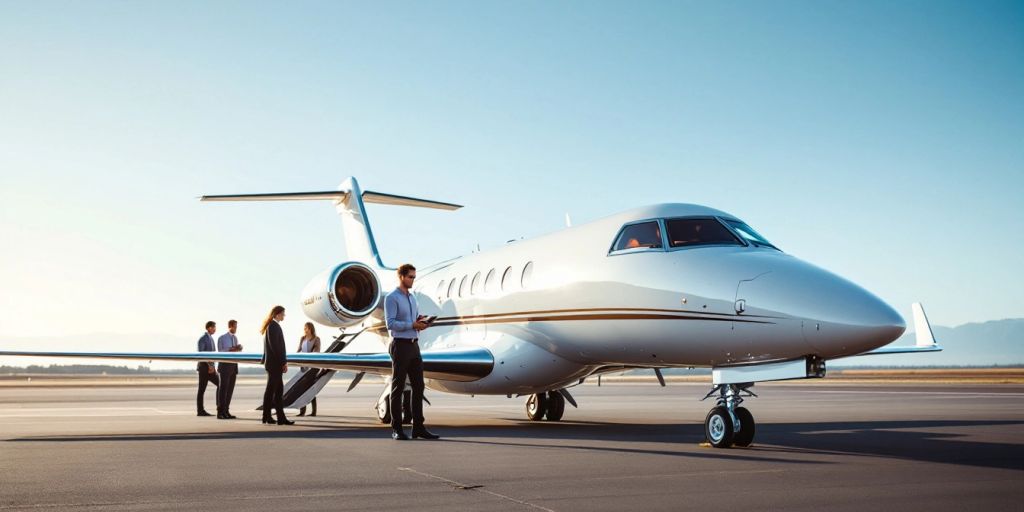Higher air taxes in the UK, particularly for private jet flights, are set to rise significantly, yet industry leaders assert that this will not deter wealthy passengers. The recent UK Budget announced a 50% increase in air passenger duty (APD) for private jets, but executives believe the impact on affluent clients will be minimal.
Key Takeaways
- The UK plans to increase air passenger duty on private jets by 50%.
- Executives from the private jet industry believe wealthy clients will absorb the increased costs.
- The rise in taxes is part of a broader strategy to adjust air travel costs in the UK.
Details of the Tax Increase
The UK government has outlined plans to raise air passenger duty on all flights, with a particular focus on private jets. The new tax structure will see the duty calculated based on several factors, including:
- Length of Journey: Longer flights incur higher taxes.
- Type of Seat: Premium seats attract higher rates than economy.
- Size of Aircraft: Larger private jets face steeper increases.
From April next year, the duty for the largest private jets will rise to a maximum of £1,141 per person, reflecting a significant increase in costs for those flying privately.
Industry Response
Despite the impending tax hikes, private jet executives remain optimistic. Toby Edwards, co-CEO of Victor, a private jet charter company, stated that the increased duty would constitute less than 2% of the average flight cost. For instance, a one-way flight from London to Kuala Lumpur, costing around £190,000 for three passengers, would see an additional £3,423 due to the new tax rates.
Eymeric Segard, CEO of LunaJets, echoed this sentiment, suggesting that the benefits of private flying outweigh the additional costs. He noted that for larger groups, the tax increases might be more noticeable, but the purpose of the trip often justifies the expense.
Environmental Considerations
The private aviation sector has faced scrutiny over its environmental impact, with private flights emitting up to 20 times more carbon dioxide per passenger mile compared to commercial flights. Environmental advocates have long called for higher taxes on private jet travel to mitigate this impact. In response, some countries, like France, are considering imposing taxes as high as €3,000 per passenger on private flights.
Future Implications
While the industry is confident that the tax increases will not significantly affect demand, there are concerns regarding a separate government consultation that could alter how air passenger duty is calculated for private jets. Proposed changes may subject lighter private aircraft to higher tax rates, which could have a more substantial impact on a broader range of private jet users.
In summary, while the UK’s planned tax increases on private jet flights are significant, industry leaders believe that the wealthy clientele will continue to prioritize the convenience and luxury of private travel, absorbing the additional costs with little hesitation. The private aviation sector has shown resilience and growth, particularly in the wake of the COVID-19 pandemic, and remains optimistic about its future in the face of regulatory changes.
Sources
- Higher UK air taxes will not deter private jet customers, industry bosses say, Financial Times.
- UK Plans 50% Tax Hike For Business Jet Charter Passengers | Aviation International News, Aviation International News.

